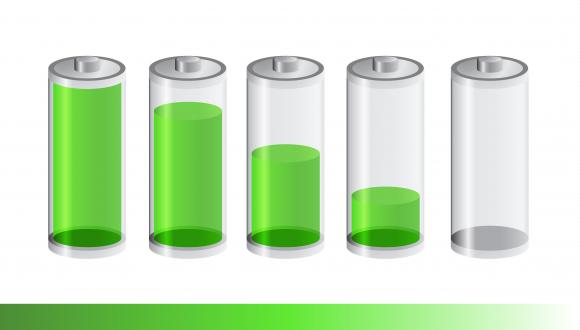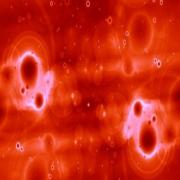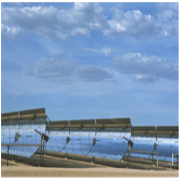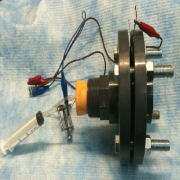Batteries
Professor Peled and his team are developing fuel cells which are able to stabilise and store vast amounts of solar and wind energy. In short cells for storing electricity in chemical form. This chemical energy can then be converted back to electricity as and when required. These fuel cell systems could, in time, provide more than 50% of the country’s total electricity requirements at a cost of less than $3.00/watt, and supply both household needs as well as the national electricity grid. Fuel cells function essentially in the same way as batteries, with one important differerence. The chemicals used to produce the electricity are stored outside the fuel cells, and not inside as with the normal battery. There are several major advantages to the fuel cell system.
- Vast amounts of energy can be stored at low cost.
- Manufacture is relatively cheap.
- Provides a high energy-conversion rate of approximately 70%.
- Provides a solution to the problem of fluctuations in natural energy supply. Solar and wind energies are neither constant or continuous. Solar energy is available only during the day, and wind energy varies depending on wind speeds. The fuel cell system is able to efficiently stabilise and store this energy, making it readily available when needed.
- The system can be scaled up thereby enabling the storage of excess energy produced by solar and wind farms.
The basis of this research is finding the algorithm which will provide the optimum configuration for connecting these fuel cells in order to derive maximum operating efficiency.
3D-concentric microbattery on perforated Si-substrate

The battery is composed of 10,000 -30,000/cm2 high-aspect-ratio parallel connected microbattery units
Direct Methanol Fuel Cell Power Unit Demo








